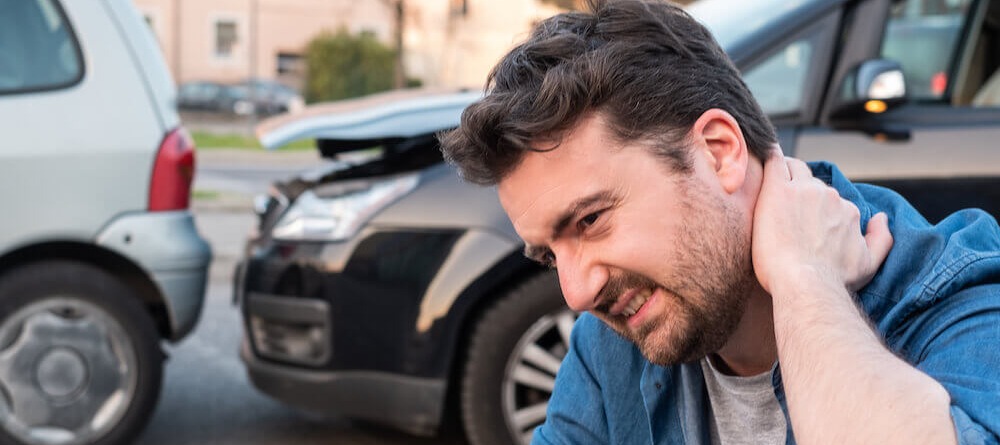
After a car accident, one might have to pay several medical bills, bills to repair their vehicle, and more. The driver at fault should be held accountable for all these bills, and the faulty driver should compensate for victims’ injuries and losses. A car accident lawyer in Spokane will file a car accident lawsuit on behalf of the victim and help them get a fair settlement.
However, a victim may refuse medical treatment after a car accident. Irrespective of how minor the injury is, it is advisable to seek medical treatment right away. If you fail to do so, it will not only impact your health but also pose a threat to your car accident claim.
What can be potential risks for refusal?
- Hidden injury risks:
In these cases, refusing the treatment could be very expensive to the victim as the accident leads to specific injuries which have not been diagnosed. Because of this, the victim does not receive the proper treatment. For example, a person who meets an accident suffers from a concussion. Still, they think that it might be a general headache or discomfort as an aftereffect of the accident, so they might consider ignoring the headache, thinking that the headache will resolve independently and do not take proper treatment for the concussion.
- Lengthy recovery period:
In these cases, receiving proper treatment will speed up recovery time. However, the absence of adequate medical attention will increase recovery time, and victims will receive a longer time to reach maximum medical improvement (MMI). Most of the time, injury lawyers advise the victims to wait till MMI in filing a case. Refusal will cause a delay in filing a claim, and the victim might not get compensation.
- Severe damages and related complications:
Complications with diagnosis and increased recovery time could worsen the case of a victim. It means a victim will have to carry substantial medical bills if the injury worsens and requires specialized treatment, they also have to miss their work leading to a deduction in their salary, and they have to pay extra for their day-to-day jobs in the house. In these cases, refusal or delay will help the defense attorney lower the compensation.
- Comparative negligence claims:
It means victims have to take measures to mitigate their damages like they must prevent further property damage, follow doctor’s advice and get back to work as soon as possible. The defendant can use comparative negligence law to refuse to mitigate the damages. It reduces the damage proportions of the victim and increases their contribution to the damages.
- Proving damages:
Medical claims help the victims keep track of their expenditure and are considered beneficial in proving their damages. The victims can use medical bills, drug prescriptions, and out-of-pocket expenses. Refusing these will provide a chance for the defense attorney to argue for reducing the compensation amount.